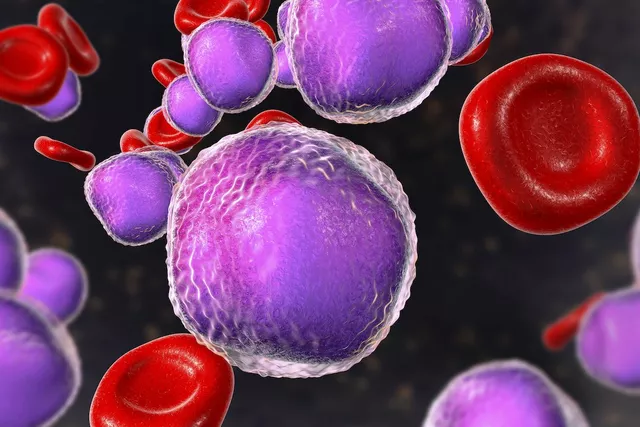Hypertension Options: What Works Best for You?
If your doctor told you you have high blood pressure, you probably wonder what the next steps are. The good news is there are many ways to bring those numbers down – from pills you can get at a pharmacy to simple changes in what you eat and how you move.
Medication Choices
The most common prescription drugs fall into four groups. ACE inhibitors (like lisinopril) relax blood vessels, making it easier for blood to flow. ARBs (such as losartan) work in a similar way but are easier on the cough that some people get with ACEs. Beta blockers (like metoprolol) slow your heart rate and lower the force of each beat. Finally, thiazide diuretics (hydrochlorothiazide is a classic example) help kidneys get rid of extra salt and water.
Most doctors start with one drug at a low dose and add another if your pressure stays high. It’s normal to try a couple of different medicines before finding the right combo. If you experience side effects, let your doctor know – they can switch you to another class that might feel better.
Lifestyle & Natural Options
Medications are powerful, but lifestyle changes often boost their effect. Cutting sodium is a big one: aim for less than 1,500 mg a day (that’s about half a teaspoon of salt). Load up on potassium‑rich foods like bananas, spinach, and sweet potatoes – they help balance sodium and relax blood vessels.
Regular exercise doesn’t have to be intense. A brisk walk for 30 minutes most days can lower systolic pressure by 4–9 mmHg. If you’re busy, break it into three 10‑minute walks; the benefit adds up.
Weight matters too. Even losing five percent of your body weight can make a noticeable difference. Focus on whole foods – veggies, lean protein, and whole grains – instead of processed snacks that hide extra salt and sugar.
Some people add supplements such as magnesium or omega‑3 fish oil. The research shows they may help a little, but they aren’t a replacement for prescribed drugs. Always check with your doctor before starting any new supplement.
Stress management is often overlooked. Techniques like deep breathing, short meditation sessions, or simply taking time to unwind can lower blood pressure temporarily and support long‑term control when practiced regularly.
In summary, managing hypertension is a mix of the right prescription, smart food choices, movement, and stress relief. Talk with your healthcare provider about which medication class fits your health profile, then pair it with realistic lifestyle tweaks you can stick to. The combination gives you the best chance at keeping blood pressure in check without feeling like you’re on a strict diet or endless treadmill.

Metoprolol Alternatives in 2025: 8 Options and How They Stack Up
Struggling with Metoprolol side effects or looking for better control of your blood pressure in 2025? This article compares eight real-world alternatives to Metoprolol, breaking down how each works, their pros, cons, and practical tips for making the switch. You'll see the strengths and weaknesses of each medication, not just in fancy medical terms but how they actually affect people’s lives. If you want a no-nonsense guide to what’s new—and what might work better for you—this is it.
Detail




